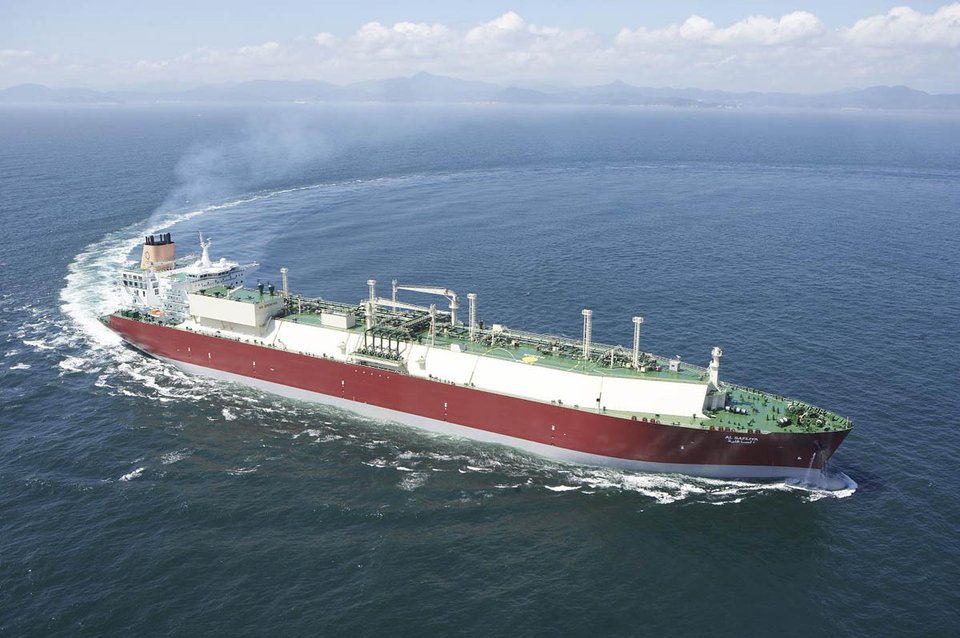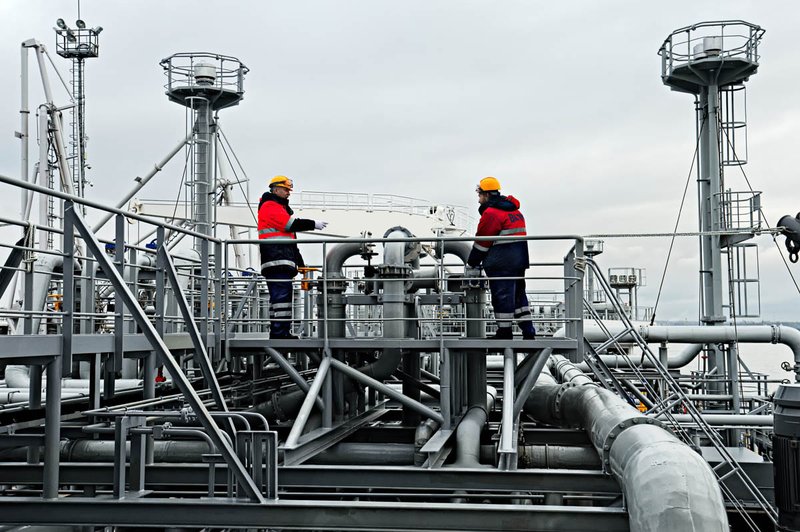
In the face of global LNG fleet expansion, going full throttle on crew training and development is the only way to bridge the competence gap and respond to market demand.
An opinion piece by Eva Rodriguez, HR Marine Director at BSM
The increasing role of liquefied natural gas (LNG) in the global energy mix has triggered a growing demand for its sea transportation. Overall uptake is further driven by the maritime industry’s transition to a carbon-neutral future, with LNG being considered the ideal bridge fuel due to its lower emissions and commercial viability.
More LNG and LNG-fueled vessels have been ordered and will be delivered in the next few years. This expected fleet expansion simultaneously creates urgent demand for a pool of seafarers with specialized skills and onboard experience, ready to operate these new buildings.
Crewing is an imminent and pressing challenge for the entire LNG shipping industry that must be resolved collectively by all stakeholders, not single-handedly by third-party ship managers. If not addressed in time, it will adversely impact the LNG value chain and cause cutthroat poaching and hasty promotions, which will endanger the industry’s high safety standard, among other issues.
Increased training efforts

Developing the right skills and capabilities for LNG officers and crew in the future requires extensive training and hands-on experience. Although training is costly, it will balance out the crewing shortage over time and is imperative in maintaining the industry’s safety standards.
Safety stakes are high in LNG shipping. To ensure safety of the vessel and its crew demands knowledge and understanding of LNG’s properties, behaviour, equipment and systems from handling and bunkering to transportation, including emergency response and risk mitigation measures.
That is why training is an important pillar in Schulte Group’s crewing strategy. We actively invest in crew training and development through Bernhard Schulte Shipmanagement (BSM) and its dedicated state-of-the-art training facilities, the Maritime Training Centres (MTCs). Our MTCs offer tailored basic and advanced LNG courses that adhere to industry standards. BSM’s MTC in Cyprus last year became the first location to have a Liquid Cargo Simulator training facility designed and developed in-house to provide immersive training experience on various LNG and LNG-fueled vessels.
Proactive recruitment approach
Our crewing strategy also involves a proactive and dynamic approach to recruitment through our own Cadet Training Programme with partner maritime academies, as well as through the BSM Crew Service Centres (CSCs).
Recruitment efforts also include sourcing skilled and experienced seafarers from other BSM managed gas tankers and vessel types and cross training them for LNG diversified fleet and large network of mariners, as well as a tailored Fleet Transition programme to support these transitions into LNG. However, this adds another dimension to the crewing crunch as it generates vacancies that can only be filled through further training and development.
At BSM, we also advance a culturally diverse crew complement by tapping into emerging sources of LNG talent since traditional markets are slowly being exhausted.
Once recruited, these talented seafarers must be retained. There are several factors that affect crew retention – employee contract and remuneration, working conditions, open access to communication, health and welfare, career advancement – and our strategy works to ensure that our offshore staff are provided a competitive package to make them stay.
In conclusion, the shortage of qualified officers and crew for LNG and LNG-powered vessels is an industry problem that must be addressed to maintain the industry’s high safety standards. We believe that accelerating training and development is crucial to meet the crewing needs and balance the seafarer supply scale in LNG shipping.
Note: BSM manages LNG vessels out of specialised ship management centres in Greece, Newcastle and Germany.







